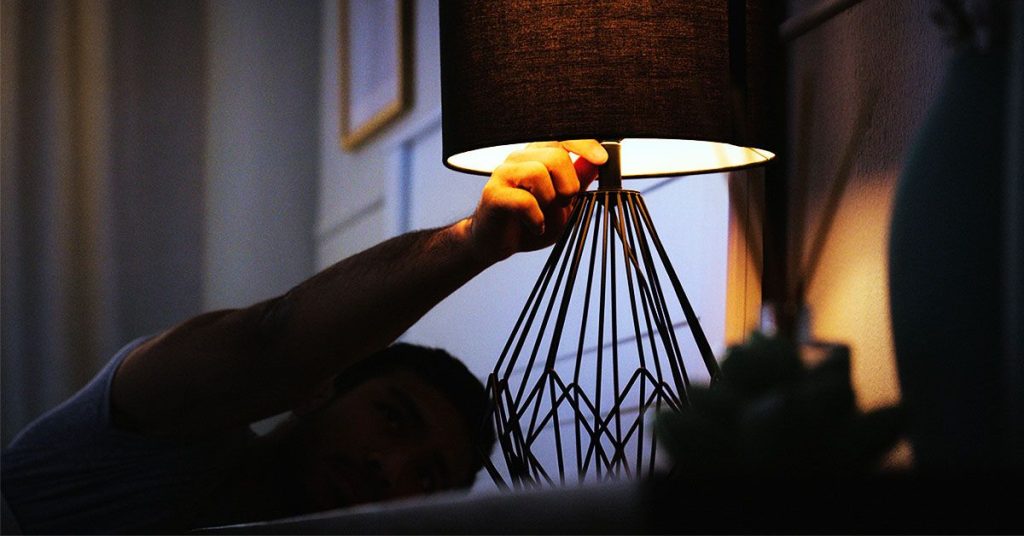Recent research has highlighted the potential negative impact of exposure to bright light at night on health, particularly in relation to the development of type 2 diabetes. Studies have shown a possible correlation between nighttime light exposure and an increased risk of diabetes. Scientists from Flinders University have further confirmed this link, suggesting that avoiding bright light at night could be a simple and cost-effective way to potentially delay or prevent the onset of type 2 diabetes. Research has shown that exposure to bright light at night can have various negative effects on health, including increasing the risk of developing diabetes. A study published in November 2022 found that exposure to outdoor artificial light at night may heighten the risk of diabetes, while research in March 2023 indicated that any type of light exposure during sleep could increase the risk of diabetes, obesity, and high blood pressure, especially in older individuals.
In a study published in The Lancet Regional Health – Europe, scientists analyzed data from almost 85,000 individuals in the U.K. Biobank who did not have a type 2 diabetes diagnosis. Participants wore a light sensor on their wrist for a week to record their daytime and nighttime light exposure. The study found that participants with higher light exposure at night, between 12:30 am and 6:00 am, had an increased risk of developing type 2 diabetes, regardless of their daytime light exposure. The disruption of circadian rhythms by mistimed environmental signals, such as light exposure at night, may contribute to metabolic dysfunction and the development of diabetes.
Dr. Andrew Phillips, an associate professor at Flinders University and senior author of the study, emphasized the importance of addressing nighttime light exposure to improve health outcomes and potentially reduce the risk of type 2 diabetes. Dr. Jennifer Cheng, a section chief of Endocrinology, highlighted the significance of getting a good night’s sleep and reducing light exposure at night to improve sugar control and potentially prevent the onset of type 2 diabetes. She also noted that lifestyle changes, including diet and exercise, play a crucial role in delaying the progression of diabetes. Dr. David I. Geffen, a director at Gordon Schanzlin New Vision, emphasized the importance of discussing light exposure with patients, especially before bedtime, to potentially reduce the risk of developing type 2 diabetes. He pointed out that disruptions to circadian rhythms due to light exposure can have adverse effects on health, particularly for individuals susceptible to diabetes.
The study’s findings underscore the importance of considering nighttime light exposure as a modifiable risk factor for type 2 diabetes. By reducing light exposure at night and promoting healthy sleep habits, individuals may have the opportunity to improve their metabolic health and reduce their risk of developing diabetes. Further research is needed to explore the mechanisms underlying the relationship between light exposure and diabetes risk, as well as to investigate potential interventions to mitigate this risk. Overall, the study highlights the potential impact of lifestyle factors, such as managing light exposure, on preventing and managing chronic conditions like type 2 diabetes.













